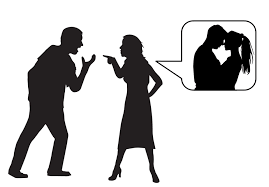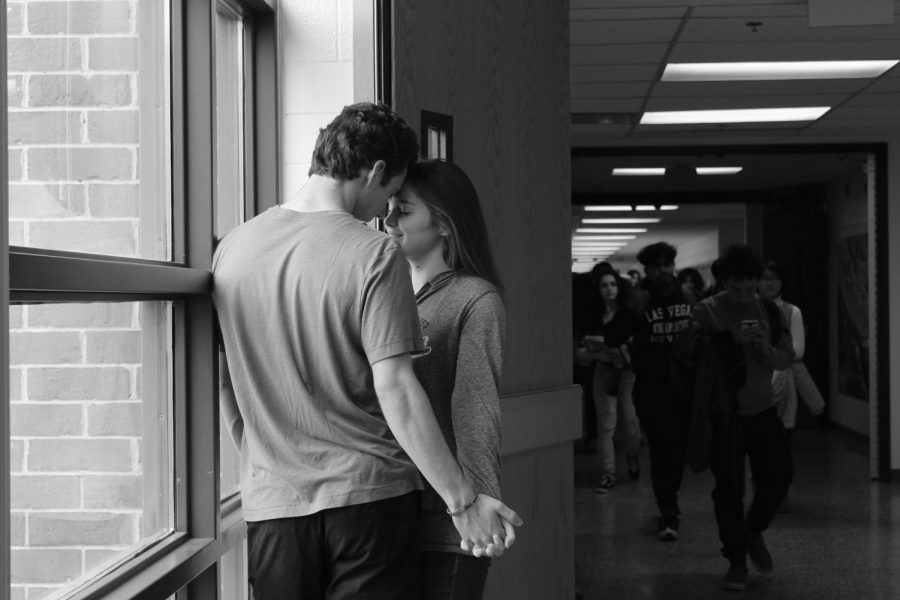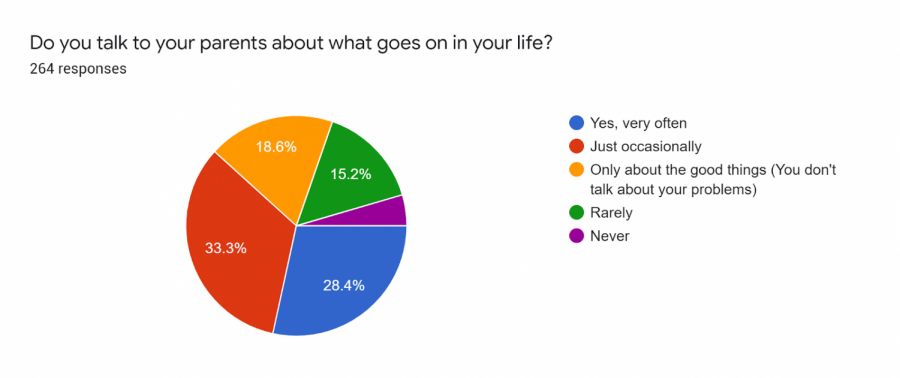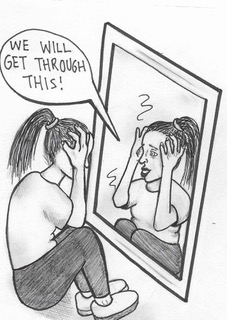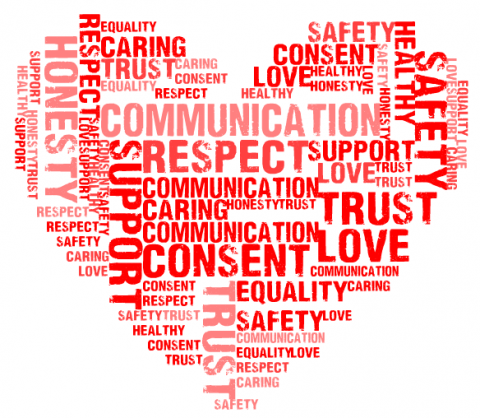
While there are many different types of relationships in the world, such as romantic, platonic and work, most of them can still be categorized as one of two things: healthy or unhealthy. Healthy relationships are bonds of trust, communication and respect, among other things. Unhealthy relationships, on the other hand, are sources of stress and anger, causing a deterioration in physical and mental health. However, unhealthy relationships aren’t always easy to identify. Rage episodes can be mistaken for regular couple quarrels. Excessive jealousy can be misinterpreted as caring overprotectiveness. Abuse can be spun around for the victim to feel guilty. In fact, while nearly 1.5 million high schoolers in the U.S. undergo dating violence in a single year, only 33% of teens in abusive relationships ever actually reported their trauma. But why?
Unfortunately, sometimes it can be up to a person’s loved ones to help them recognize the signs. There are numerous warning signs that someone is in an unhealthy relationship. For instance, if someone is constantly turning to family and friends for emotional support instead of their partner, then it’s possible that there isn’t good communication in the relationship, which could stem from feelings of distrust, fear or insecurity. Alternatively, if someone seems to have become cut off from family and friends by their partner, then that is also a sure sign that the relationship isn’t entirely healthy. If one person makes all the decisions, demands that their partner always agrees with them and is dismissive of their partner’s interests, then this person is controlling both the relationship and their partner, and needs to be confronted about their toxic behavior.
In platonic relationships, unhealthy friendships can also be easily misinterpreted. For instance, while loyalty and trust are extremely important in maintaining good relations with someone, blind loyalty is unhealthy. Along those same lines, while friends should always have your back, they shouldn’t be constantly fighting all your battles for you. They should be encouraging you to grow and pushing you out of your comfort zone, but not pressuring you into participating in dangerous behaviors. Good friends should be honest and caring, not deceitful and ignorant. Furthermore, they shouldn’t be criticizing or judging your every move. If they are, then maybe your guys’ friendship isn’t as healthy as it seems.
“If an argument feels like it’s productive, or if realizations are being made and both people have valid arguments, then it’s a good argument,” junior Avi Spector said. “But, if it just seems like you’re just getting worse, then it’s not a good argument.”
One of the most important factors of any relationship is honesty and communication. The ability to have calm, thoughtful conversations demonstrates mutual respect and builds trust, which is the backbone of all healthy relationships. For those questioning themselves or someone else, loveisrespect offers several quizzes that might assist you in identifying your relationship. For those struggling with a toxic person in their life, there are numerous resources to help you, such as the National Dating Abuse Helpline (800-799-SAFE) and the National Domestic Violence Hotline (800-799-SAFE), both of which work 24/7.
“If you feel like you shouldn’t be in the relationship, then you probably shouldn’t, especially if you feel unsafe or uncomfortable,” junior Robin Canha said. “At the end of the day, breaking up with them isn’t the end of the world.”


































